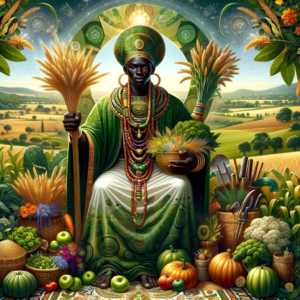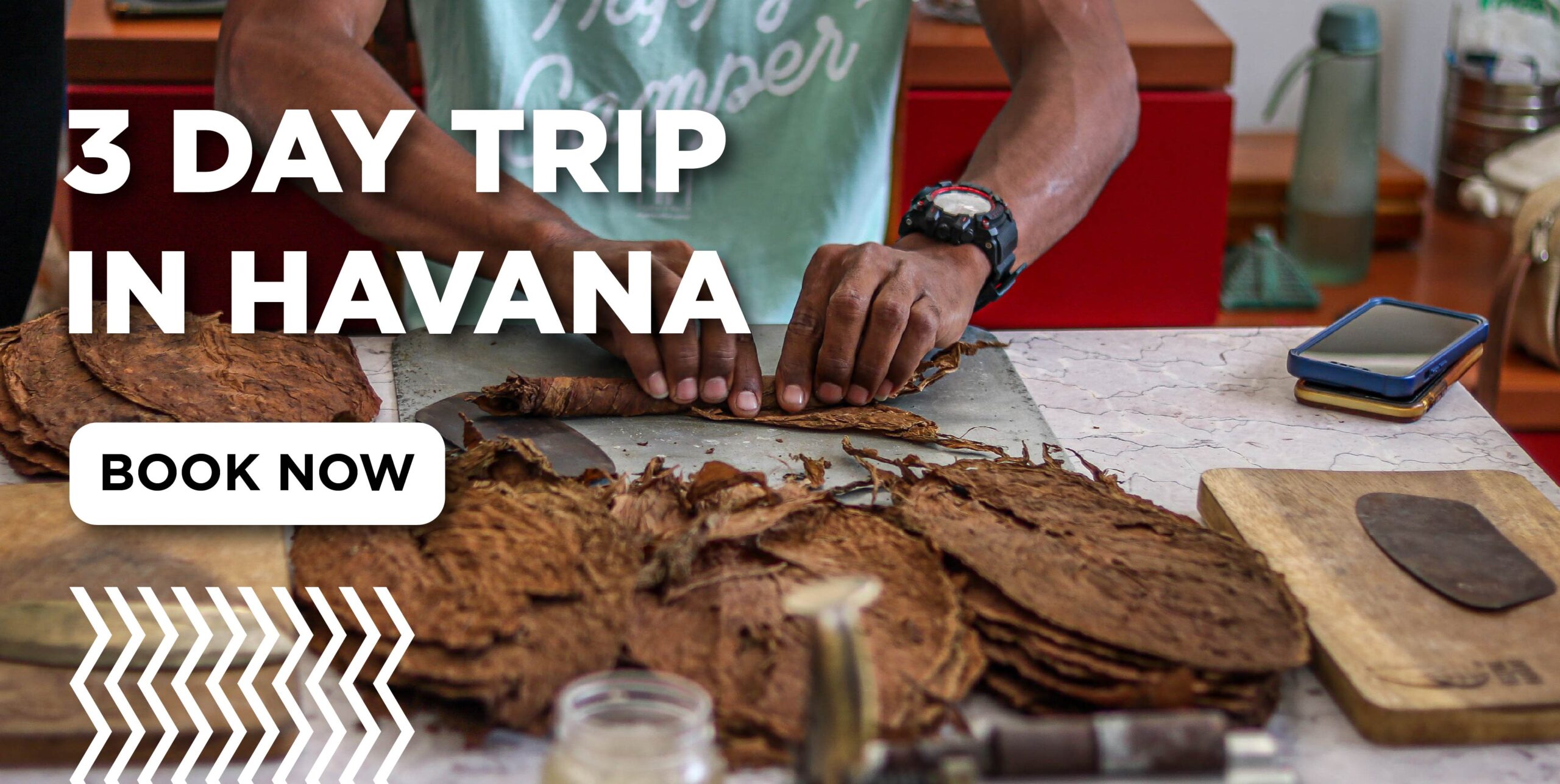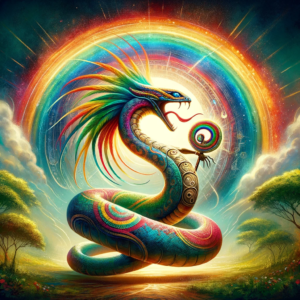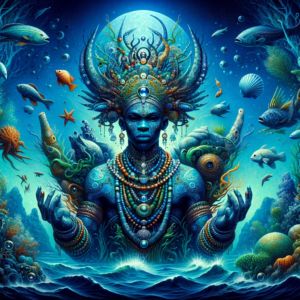Afro-Cuban music is a vibrant and dynamic art form that has played a significant role in shaping the cultural landscape of Cuba and beyond. From the rhythmic beats of salsa and rumba to the soulful melodies of son and timba, Afro-Cuban music is a testament to the enduring creativity and cultural richness of the Cuban people.
The origins of Afro-Cuban music can be traced back to the 19th century, when African slaves were brought to Cuba to work on sugar plantations. These enslaved Africans brought with them their own musical traditions, which were often blended with those of the Spanish and Indigenous populations already present in Cuba. Over time, these musical traditions evolved and adapted to reflect the unique cultural and social context of Cuba.
One of the most iconic Afro-Cuban music genres is salsa, which emerged in the 1960s and 70s as a fusion of Cuban and Puerto Rican music. Salsa is characterized by its infectious rhythms, lively horn sections, and powerful vocals, and has become a popular dance music around the world.
Rumba is another important Afro-Cuban music genre, which originated in the late 19th century as a form of musical expression among Afro-Cuban communities. Rumba is characterized by its complex rhythms, call-and-response vocals, and use of percussion instruments such as congas, bongos, and clave.
Son is perhaps the most well-known Afro-Cuban music genre, and is considered to be the foundation of many other Latin music styles. Son is characterized by its infectious rhythms, use of stringed instruments such as the tres and the guitar, and its emphasis on storytelling and social commentary.
More recently, timba has emerged as a popular Afro-Cuban music genre that blends elements of jazz, funk, and hip-hop with traditional Cuban rhythms. Timba is characterized by its complex rhythms, use of synthesizers and other electronic instruments, and its energetic and dynamic performances.
Throughout its history, Afro-Cuban music has been shaped and influenced by a diverse range of artists, many of whom have become cultural icons in their own right. Some notable Afro-Cuban musicians include Celia Cruz, Tito Puente, Ibrahim Ferrer, and Chucho Valdes, among many others. These artists have not only contributed to the development of Afro-Cuban music, but have also played a significant role in shaping Cuban culture more broadly.
In conclusion, Afro-Cuban music is a testament to the enduring creativity and cultural richness of the Cuban people. From its origins in the music of enslaved Africans to its vibrant and dynamic present-day forms, Afro-Cuban music has played a vital role in shaping the cultural landscape of Cuba and beyond. Through its infectious rhythms, powerful vocals, and diverse range of musical styles, Afro-Cuban music continues to inspire and captivate audiences around the world.






